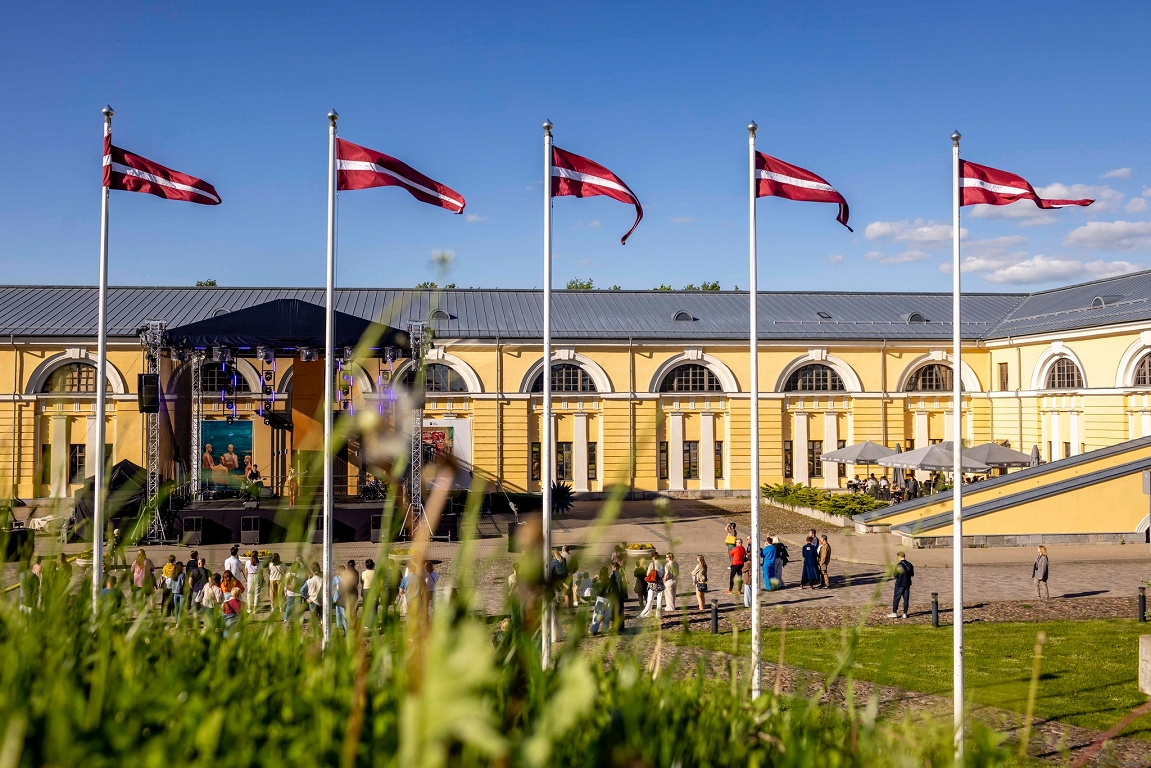Up to 44 percent of Slovaks believe that Ukraine committed genocide in Donbas. Voice voters

Conspiracy believes the Slovaks more than the Hungarians.
BRATISLAVA. Mask had to attack Ukraine Also in order to protect Russian -speaking residents from the genocide perpetrated by the green regime, Kremlin’s propaganda says.
Up to 44 percent of Slovaks believe this statement. The opposite is only 39 percent.
This is shown by an exclusive survey by Focus and Globsec for the International Project of the Eastern Border Initiative, which also includes the SME daily.
The same survey conducted in Hungary, Poland and Romania. Slovakia came out of the comparison of these countries as the most prespired.
In the east of Ukraine, a military conflict has been underway since 2014, and organizations such as UN or OSCE (organization for security and cooperation in Europe) have since map conflict and adherence to human rights. Nothing as genocide or targeted murder of Russians by Ukrainians none of these organizations found.
This does not prevent the Slovak disinformation scene from repeating the propaganda claim of the Kremlin about genocide regularly. It appears not only on the disinformation pages and channels, and in various forms it was also taken over by some coalition politicians, including the Minister of Foreign Affairs Juraj Blanar.
For example, in a TV discussion session claimedthat the Ukrainians murdered 14,000 people in Donbas from 2014 to 2021 in Donbas and referred to the UN report. This number was referred to as the total number of victims of the military conflict.
In the article you will still learn:
- which a large part of the population believe in other misinformation in Slovakia,
- As Slovakia is doing compared to neighbors,
- What a new survey showed about voting voters.
Soros and climate change
Similarly, a large part of the population also believes other conspiracy theories and misinformation that appears in public space.
44 percent of Slovaks think that anti -government protests are organized and financially supported by financiers and philanthropist George Soros. The same number of people, on the contrary, disagrees.
In Slovakia, the « explanation of Soros » was first used by the current and current Prime Minister Robert Fico after the murder Ján Kuciak and Martina Kušnírová in 2018.
During the anti -government protests taking place since the beginning of this year, it has already spread a different conspiracy that the protests are a Georgian legion that helps to organize a coup in Slovakia. Sorosa He has not mentioned in the last few weeks.
However, it is spreading narrative about how the European Commission punishes it for not having a « right opinion », for example, Ukraine.
Almost half of the population believe that the European Commission is chasing some governments for their political views. On the contrary, 41 percent disagree.
Another known conspiracy is also quite widespread in our country that global warming has not been caused by man, but is the result of natural changes in nature. Almost 40 percent of people agree with it, disagreeing 54 percent.
At the same time, no one is actively spreading from contemporary politicians. Only MEPs from the Republic or former chairman SaS Richard Sulík had claims to question the current struggle against climate change.
While in conspiracies on war in Ukraine and politics, Slovakia is based on four states where the survey was conducted, the worst, conspiracy theory of climate change is believed by the largest part of the population in Poland.
Hungary is doing better
Researcher Katarína Klingová from Globsec also points out that people’s trust in conspiracy copies the attitudes of political leaders.
« Not only in Slovakia, but also in other countries to observe the trend that people believe in various problematic and polarizing narratives, because they have told them the politicians they voted and believed, » says Klingová.
However, an interesting situation occurred in Hungary, where only 26 percent of people believe that Soros organizes and finances anti -government protests. Soros comes from Hungary and Viktor Orbán He portrays him as an enemy much longer than Fico.
« After years of spreading such statements, most Hungarians are armored and do not believe this statement, » Klingová thinks.
Soros is trying to control the government, almost half of the people in Slovakia think Read
The results from Hungary were also taken aback by the head of Focus Martin Slosiarik. On the next question, only 30 percent of the Hungarians agreed to claim that the European Commission will persecute governments for their political views, which is 14 percentage points less than in our country.
« It could be expected that the consent will be significantly higher due to Orbán’s rhetoric, » Slosiarik said.
Orbán is in the EU in a similar isolation as Fico and does not hesitate to attack Brussels before its voters. In recent surveys, however, he is losing popularity, has already been reached by opposition leader Péter Magyar, who is pro -European.
Change in voice
The consent to the individual claims for which they were asked in the survey is closely tied to whether the respondents are voters of the coalition or belong to the opposition.
The most prespired are voters of the government coalition, the Republic and the Hungarian Alliance.
In other similar surveys, there are differences in attitudes between voters Direction and voice. Voice voters were in attitudes somewhere in the middle of the opposition voters and the rest of the coalition.
In this survey, the differences between voice voters and the rest of the coalition are already very small, only a few percentage points. They mostly agree with all statements.
However, the election has been made by voter movements and it turns out that the voice is gradually losing more moderate voters. New voters are a little more radical.
Voters of the opposition or non -parliamentary democrats with these conspiracies predominantly disagree. « On the other hand, even in the case of opposition voters, consent to several statements of a fifth to a third of the electorate electorate appears, which cannot be passed by stating that these are unique cases, » says Slosiarik.
The article was published within the project of the Eastern Border (TEFI) initiative funded by the European Union.


Beata
Balogová
Editor -in -chief

We haven’t fastened this article, but we need your support.
We leave some articles unlocked to have all access to important information. They can also be brought thanks to our subscribers.







